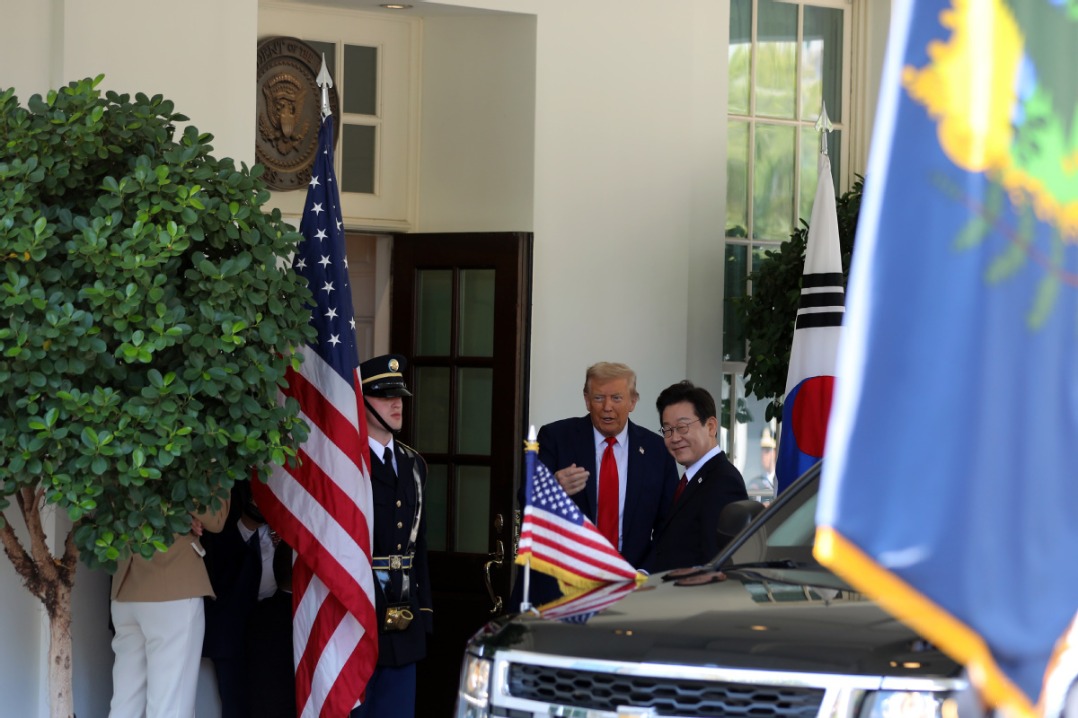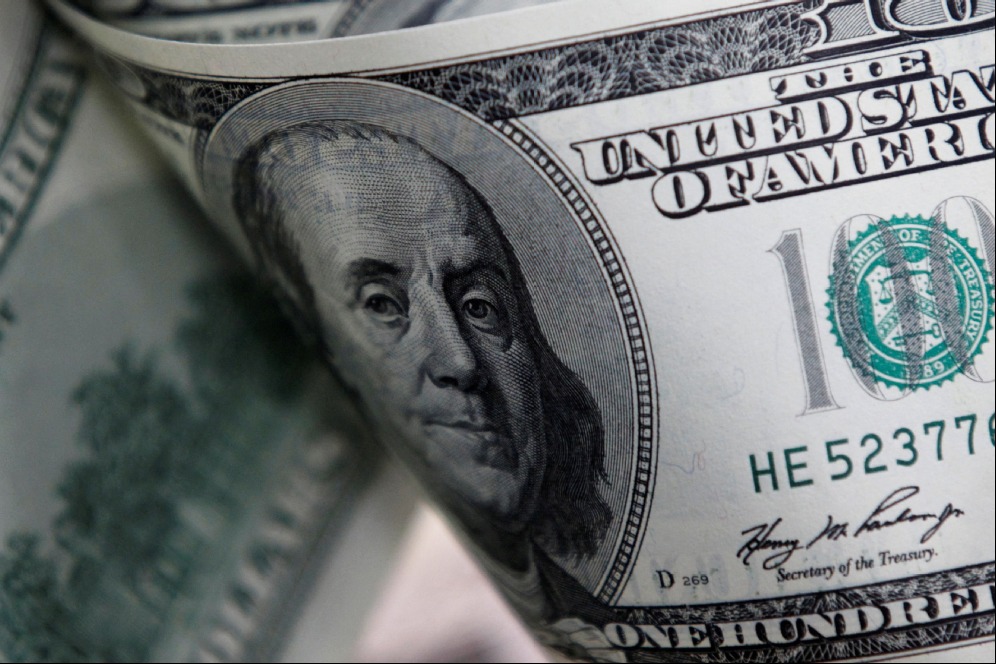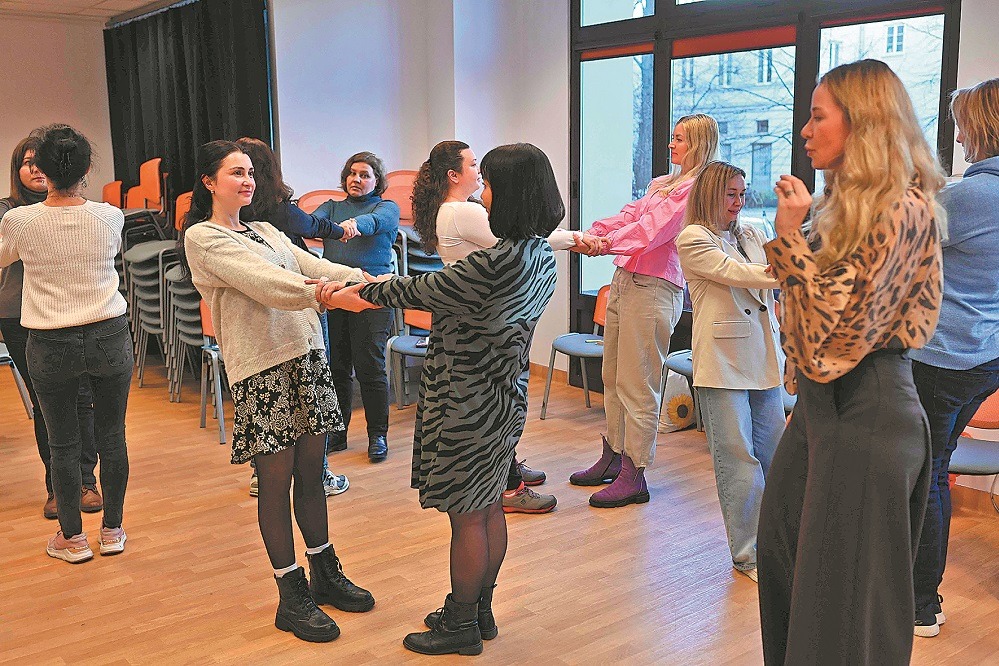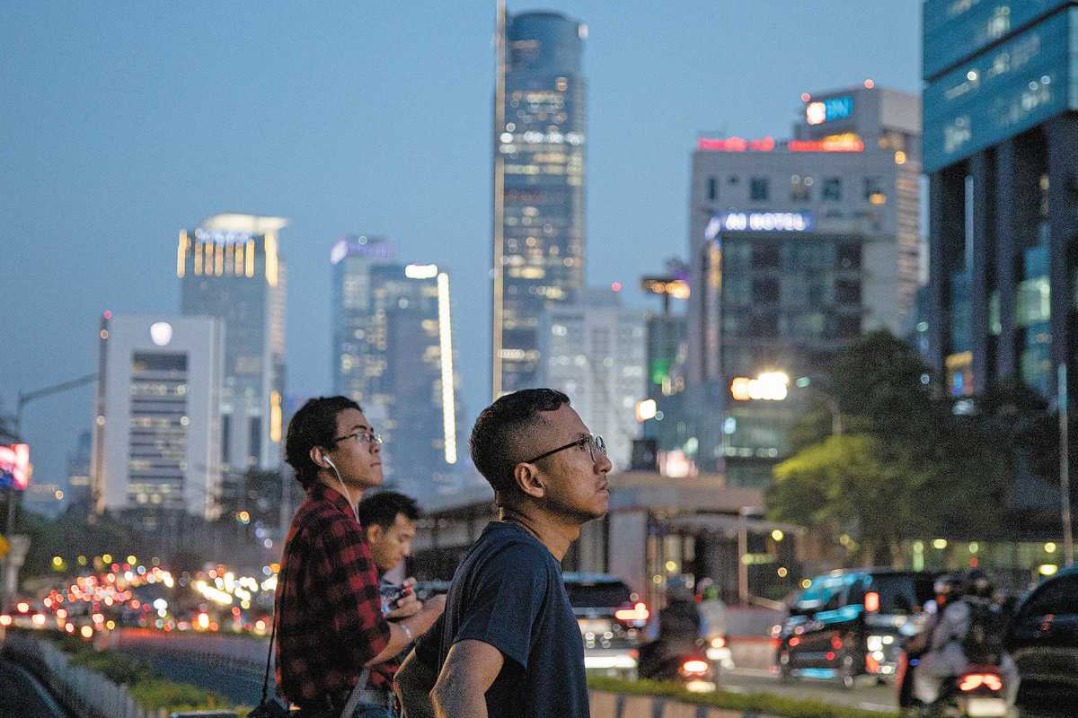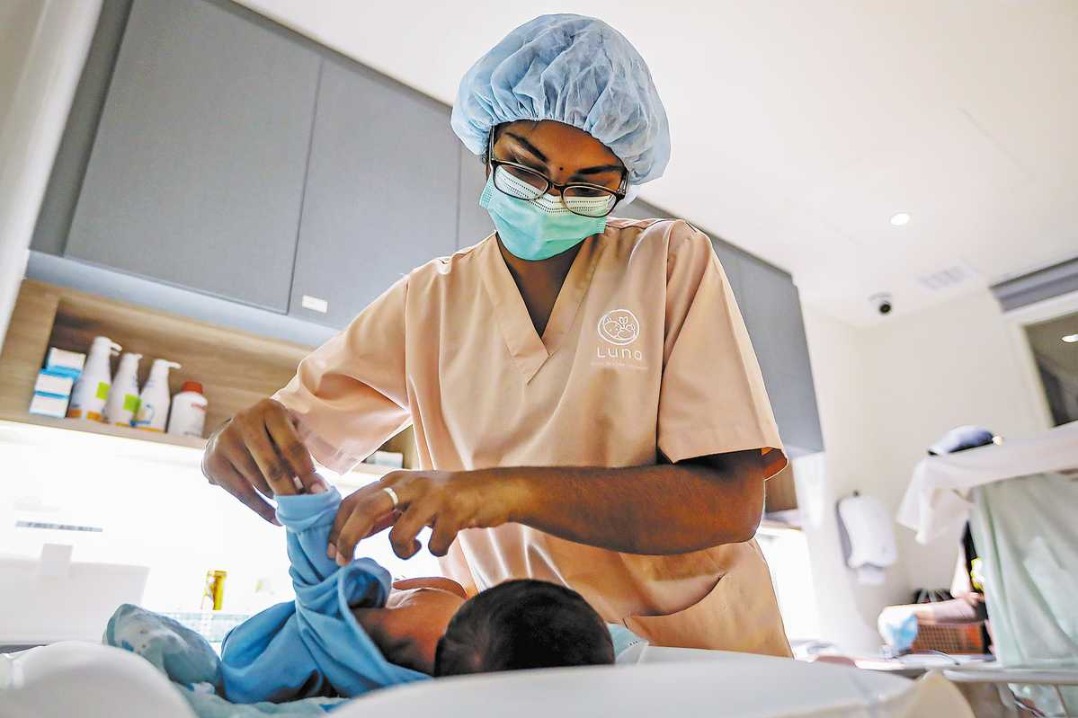Think tanks urged to help boost China-Russia ties

Think tanks in China and Russia should maintain close relations and deepen their cooperation to face common challenges and bring mutual development, experts from both countries said on Thursday.
The China and Russia: Joint Development and Modernization International Symposium, and the publishing ceremony for the think tank report series "Russia-Eurasia Studies"-both co-hosted by the Chinese Academy of Social Sciences, the China-Russia Friendship Committee for Peace and Development and China Daily-were held at Beijing International Hotel.
The event was co-organized by the Institute of Russian, Eastern European and Central Asian Studies at the CASS, the Institute of Economics of the Russian Academy of Sciences, and China Watch, China Daily's think tank.
Over 60 government officials and experts, who participated in the symposium and publishing ceremony by either attending the conference in person or joining the discussion via video link, had a comprehensive discussion about China-Russian relations and Eurasian affairs.
Speaking at the opening ceremony of the event, Zhou Shuchun, publisher and editor-in-chief of China Daily, said cooperation between the two countries' media and think tanks points to a bright future for the development of Sino-Russian ties.
Zhou, who is also a member of the Standing Committee of the National Committee of the Chinese People's Political Consultative Conference, the nation's top political advisory body, called for deepening the cooperation among think tanks and jointly enhancing the international community's discourse.
"The think tank report series released (on Thursday) will contribute to the wisdom in promoting the countries' high-quality development, make the two nations' voices heard in the international community, and help maintain global peace and development," Zhou said.
Wang Linggui, vice-president of the CASS, said think tanks in China and Russia are facing more challenges and tasks in meeting the needs of the two countries' joint development.
China and Russia not only face challenges to their way of development from anti-globalization and populism, but also from some countries that have used various means to curb their development, Wang said.
He added that think tanks from both sides could contribute more to helping the governments introduce new domestic and international relations policies.
Igor Ivanov, president of the Russian International Affairs Council, said in a video speech that the symposium as well as the report series talked about cooperation between China and Russia, and provided suggestions for the two governments' policymaking.
The experience of history has indicated that think tanks from both countries will continue to help boost the bilateral ties to a higher level for a new era, Ivanov said.
Mao Wenchong, counselor of the Department of European-Central Asian Affairs at China's Foreign Ministry, said the report series focuses on the theme of China-Russia mutual development and comprehensive cooperation, and represents high-level, bilateral think tank cooperation.
The wisdom and power of society are needed for better and faster development of high-level Sino-Russian relations for a new era, Mao said.
Alexander Nekipelov, director of the Moscow School of Economics at Moscow State University, said such symposiums that discuss the positions of the two countries in the global economy are part of a fine Russia-China tradition.
"The whole world of macroeconomics and geopolitics is changing, the international rules are being weakened, and new, disorderly rules are emerging," Nekipelov said, adding that sanctions and the pandemic have made it more crucial for experts to discuss issues together.
The "Russia-Eurasia Studies "series published on Thursday was written by six scholars from the CASS who comprehensively evaluated the impact of COVID-19 on the two countries and the prospects for future bilateral cooperation.
In his report, Xie Fuzhan, president of the CASS, said the principle of the China-Russia Treaty of Good-Neighborliness and Friendly Cooperation laid a solid political foundation for China-Russia relations for a new era.
The mutual trust and friendship between China and Russia reflect mutual respect and peaceful coexistence, Xie said. In addition, in terms of core interests such as sovereignty, security and territorial integrity, China and Russia provide each other with firm strategic support, maintaining each other's core interests.


















